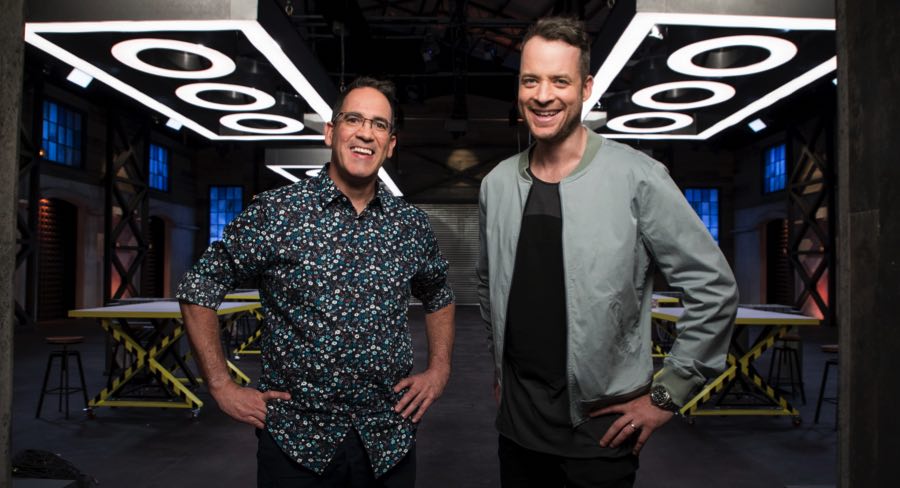Justin Papps, PwC Australia partner and Entertainment & Media Outlook editor, talks to Mediaweek about some of the highlights from the 18th annual Australian Entertainment & Media Outlook.
Live Entertainment
“Fighting for that share of wallet is the biggest hurdle facing this sector,” Papps told Mediaweek. “In most cases we see ticket prices going up, but I think what’s exciting about entertainment is where they’re starting to look at new technologies, and again it comes back to what’s the value proposition.”
PwC thinks there is a big future for enhancing a live event, augmenting the experience using technology. “People want to think, ‘I’m actually a participant in the actual event rather than just sitting in a seat.’ That’s really exciting and where the real opportunity is.
“As far as a challenge goes, it’s getting the pricing strategy right that people are prepared to pay for that experience. The more digital things become, the more people value shared experience.”
Papps mentioned the example of Ryan McNaught who was an IT guy who got into Lego. “His exhibitions include augmented reality, they include huge social strategies, and he got the TV show Lego Masters on Nine.
“It’s a great example of how he thinks about what he does as an ecosystem that extends that customer experience beyond the actual ticket.”
Streaming platforms
Another major feature of the PwC Entertainment Report this year is streaming content which will be a battlefield in the next couple of years.
Papps: “There’s a lovely intercept here between what the free-to-air networks are doing as well with their broadcast video on demand, which is free. With streamed content there are so many opportunities.
“If you think even since last year, when we last did the report, you’ve had Kayo come online, CBS Access, you’ve got potentially Disney+, Apple TV+ – a whole bunch of new players. You can look at that and say it’s going to be a really busy category.
“Consumers only have so much time and money. How do you make sure you get your fair share? It goes back to you can’t out-Netflix Netflix.
“What’s the niche that you really want to focus on and what’s the content that delivers on that? We talk a lot in broadcast space around the Game of Thrones effect, which is the expectation people have in production quality is so much higher than it was before. That obviously increases the cost of production. That’s where the real battleground’s going to be.
“The barrier to entry to turning on a streaming service is actually relatively low. And it also doesn’t have the regulatory requirements that the local operators have. It’s going to be a very interesting category to watch over the 12 months.”
Filmed Entertainment
We asked Papps if he could can see any long-term change to the cinema model? Or does it still work for the studios?
“What the studios are doing is using a lot more customer data to inform the sort of content that they are creating. They are reducing risk of clangers, for lack of a technical term. They are also prepared to experiment with different sort of customer experiences now. Cinema owners see themselves as complimentary to the streaming products, and the more quality products people see on streaming, the more interested they are in getting back into cinemas and seeing high quality content. There’s a big difference between seeing it at home on a smart TV to going somewhere where you’ve got the Dolby Atmos system pumping out the sound and those sorts of things. If you look at some of the things they’re doing, whether it’s Gold Class or the independents, you’re having a glass of wine and some food and watching movies is actually a pretty good experience now.”
Papps said he expected to see experimentation with cinema business models, for example subscription.
“Paying a monthly fee to access movies as opposed to paying as you go. Still in trial stages, but I think the fact is again, as I said before, no one is really sitting on their hands hoping things get better. They’re trialling a lot of different things and we call that out in the report.”
Tomorrow in Mediaweek:
PwC’s Justin Papps on TV, gaming, magazines and music
